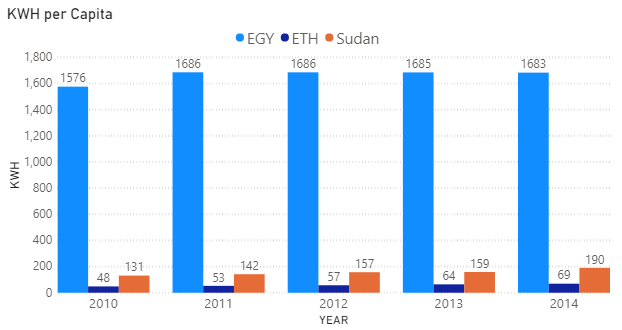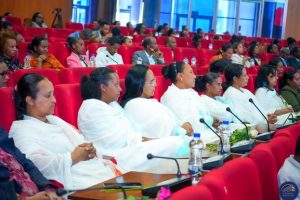
A great majority of the population in developing countries are dependent on firewood for their energy needs. People in these countries must put up with sub¬standard living conditions due to slow economic development. In addition, they suffer the consequences of climate change resulting from indiscriminate use of finite forest resources. They now face not only the danger of depleting their traditional sources but also the dismal prospect of being unable to meet their bare minimum energy needs. Never has this issue been so much a matter of survival for these countries as it is now.
Ethiopia is an outstanding example of countries who suffer the aforesaid plight. Despite its relatively sizable hydropower potential, the country faces an enormous energy problem. The study, design and construction of hydropower plants takes a long time and comes with a huge cost. Ethiopians usually wait for a long time yearning to see the completion of the next power plant to increase the coun¬try’s power generation capacity. But the additions are often offset by population growth and Ethiopia’s per capita electric energy consumption continues to be one of the lowest in the world.
The chart below compares Ethiopia’s electric power consumption with two of its neighboring countries. It is based on World Bank dataset (link) and shows that Ethiopia’s per capita consumption is nearly 25 times lower than Egypt and less than half of Sudan’s.
Ethiopia is currently sitting at the negotiat¬ing table with Egypt and Sudan concerning the fate of the 6GW capacity hydropower plant which it is currently constructing on the Nile river. The completion of the project is considered by Ethiopians as a definite path for energy self-sufficiency in the country. They have been waiting for it since the start of its construction in 2011. But Egypt as a downstream user of the riv¬er has its concerns about the effect of the dam on the flow of the river which is the sole source of water for the country.
Much hangs on the outcome of the ne¬gotiation. The negotiators carry the full burden of making it work for all parties. It should be approached with a win-win rather than a lose-lose/lose-win mentality. Egypt must understand the need to avert the looming energy crisis in Ethiopia. It would be unconscionable to tell Ethiopia to remain where it is in its energy usage when Egypt enjoys 25 times more energy supply. Ethiopia, on the other hand, bears the heavy responsibility of guaranteeing the water supply for the welfare of down¬stream countries.
The Ethiopian Herald Sunday Edition 7 / 2020





